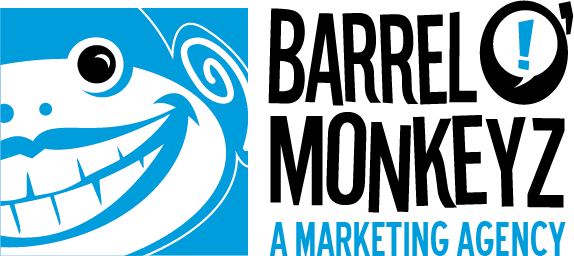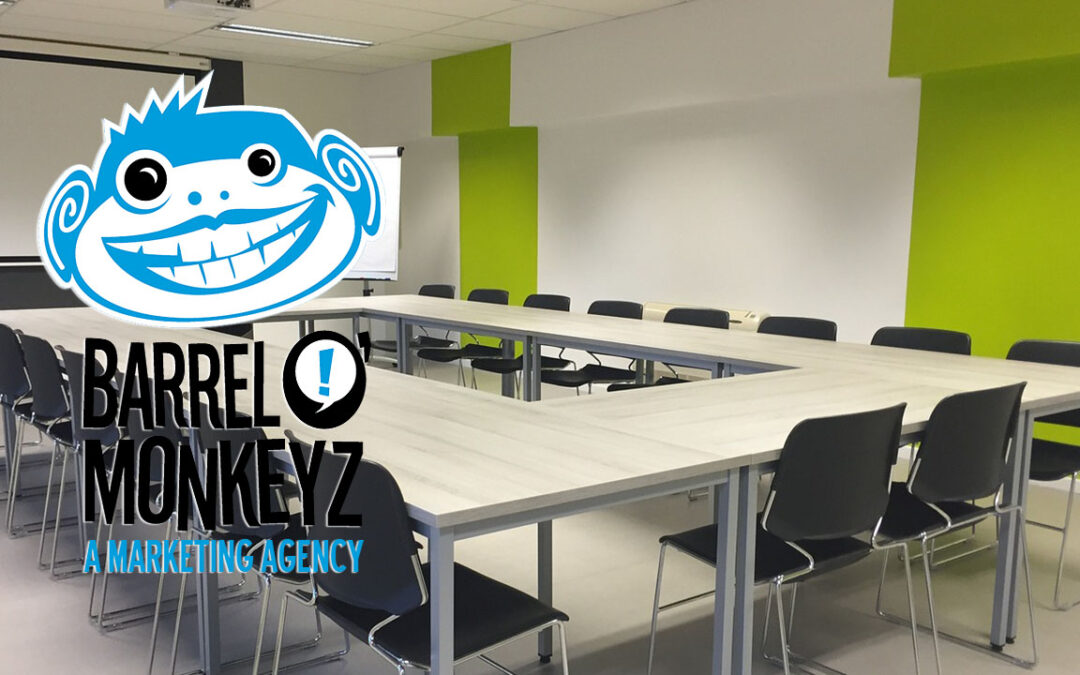We’ve all been there: meetings scheduled at the worst possible times, lacking focus, dragging on endlessly, or turning into platforms for self-aggrandizement.
Imagine this: It’s Monday morning and someone had the bright idea to kick off the week with an early meeting. A colleague drones on, doing his best impersonation of the “mwa-mwa-mwa” voice from the old Charlie Brown cartoons. If you’re not careful, you might drift back into your pre-dawn slumber. Luckily, you grabbed a 20-oz high-octane coffee on the way in.
Or it’s late Friday afternoon. Your family awaits you for a weekend getaway, but someone scheduled a last-minute meeting via Zoom. While the usual droner isn’t there, another colleague, bursting with energy, insists on brainstorming new ideas and topics. You’re not alone in stealing glances at your watch, hoping the internet goes down just this once.
And then there are those colleagues who use every meeting as platforms for self-promotion. It’s all about them and their teams, while the actual agenda gets sidelined. Can’t anyone take charge? Won’t anyone speak up?
If any of this sounds familiar, you’re not alone. Numerous surveys and studies show that upwards of 70% of all meetings are a waste of time, accounting for billions in lost productivity. With such figures, improving meeting efficiency seems like a no-brainer.
A Marketing Approach to Meetings
As a marketer, I approach meetings with a strategic mindset:
- What conditions led to this meeting (pain points)?
- When should it happen for maximum effectiveness (timing)?
- Who must be there (target audience)?
- What do I or participants hope to get out of it (expectations)?
- How can the content be delivered to engage participants?
- What should attendees take away from the meeting (call to action)?
- How will success be measured?
- Is this a one-time meeting, or are additional sessions needed (frequency)?
- What’s next after the meeting?
Tips for Effective Meetings
To ensure your meetings are productive and engaging, consider these tips:
- Timing is Key: Avoid early Monday morning or late Friday afternoon meetings. Mid-morning or mid-afternoon on Tuesday, Wednesday, or Thursday are often the most effective times.
- Start and End on Time: Avoid “where is everybody?” scenarios. Start promptly and end on time. If you can’t cover everything within the scheduled time, arrange a follow-up meeting. Long meetings can lead to fatigue and decreased productivity.
- Set Clear Expectations: Send out an agenda or an email to set the stage. Attendees should know why they’re there and what the meeting aims to achieve.
- Keep it Simple: Meetings should have no more than two or three critical goals. If there are more topics to cover, consider separate meetings.
- Take Charge: If you’re leading the meeting, manage it effectively. Politely redirect if someone is monopolizing the conversation.
- Inject Humor: Vary speech patterns and incorporate humor to keep energy levels high and participants engaged.
- Ensure Clarity: Summarize key points before ending the meeting and confirm with others. Make sure everyone is on the same page.
- Spell Out Actions: No one should leave the meeting without clear follow-up actions. Accountability is crucial.
- Change the Venue: Occasionally switch up meeting locations to keep things fresh. Even virtual meetings can benefit from a change in background.
- Use Multimedia: Engage different senses by incorporating PowerPoint, videos, or even taste tests to make meetings more dynamic.
- Seize the Moment: Sometimes, spontaneous meetings can be the most effective. Address issues while they’re fresh.
Let’s Meet About Your Next Project
Meetings don’t have to be the dreaded “M” word. They can be creative, idea-generating sessions, and even fun. The Barrel O’Monkeyz team looks forward to meeting with you to talk about your next project. We can serve as your seasoned, outsourced marketing, social media, website, and content development team—and we’re full of talent and creative minds ready to prove we don’t just monkey around! Contact Barrel O’Monkeyz Today

